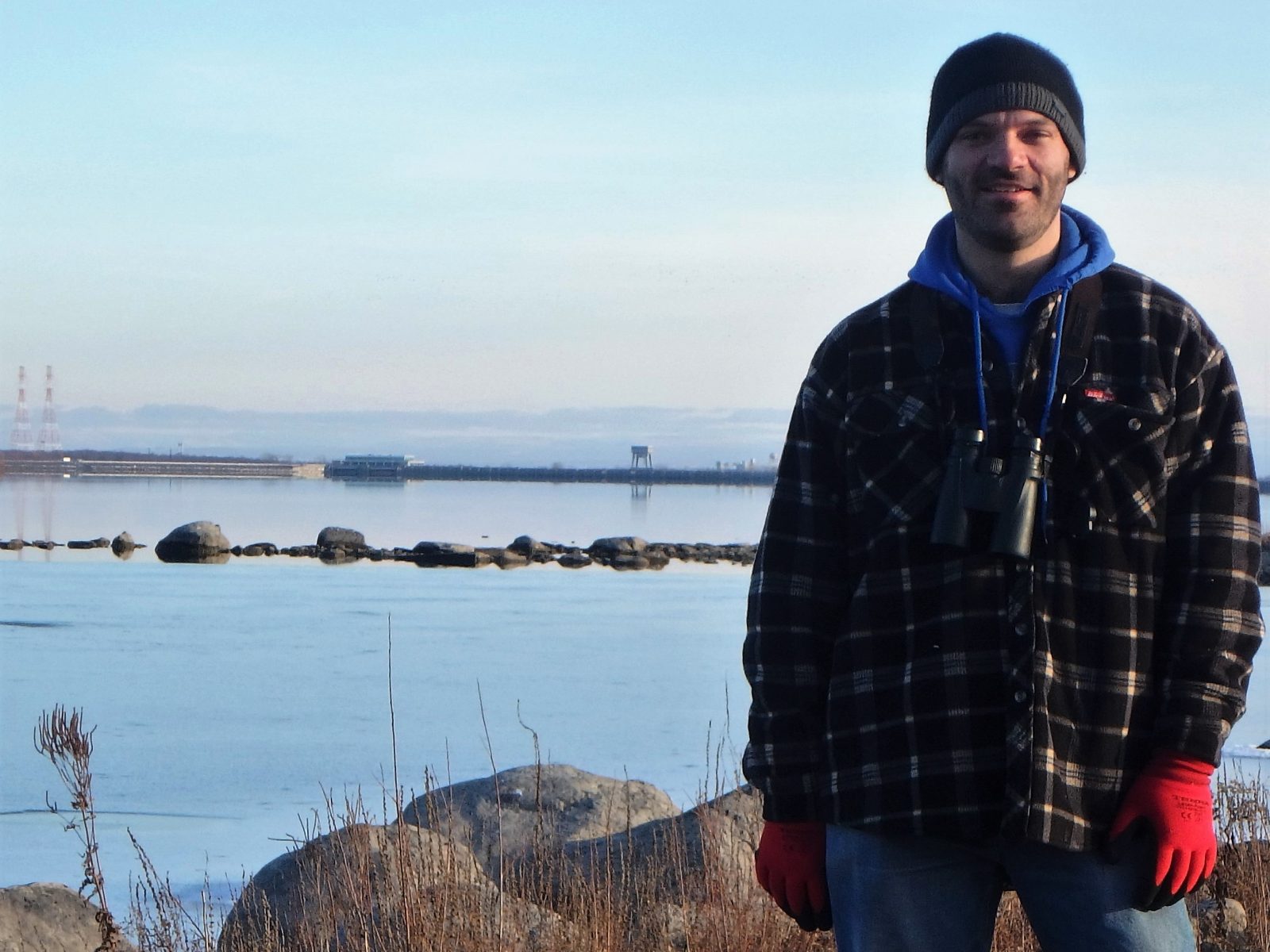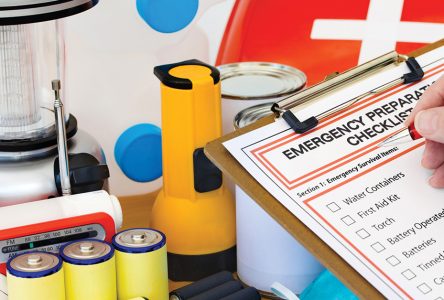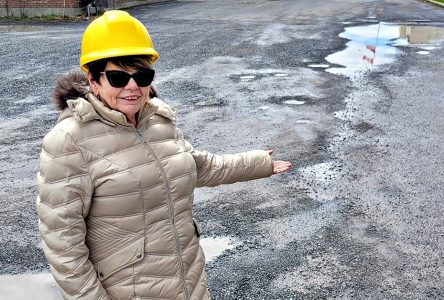CORNWALL, Ontario – Our winters are changing – it doesn’t take a scientist or an engineer to know that it’s not as cold as it used to be and that we tend to have less snow now than we have had in the past.
Jacob Bruxer has noted these changes while spending winters ice fishing, watching birds and skating with his kids on their backyard rink. He also happens to be Sr. Water Resources Engineer at the Great Lakes – St. Lawrence Regulation Office of Environment and Climate Change Canada in Cornwall and is part of a team of scientists and engineers that supports the International Lake Ontario – St. Lawrence River Board, which is responsible for regulating the flow of water released through Moses-Saunders Dam. Jacob Bruxer will be the first guest speaker in a brand new year of Science and Nature on Tap hosted by the River Institute that begins on Wednesday, January 16 at 7 p.m. at Schnitzel’s.
He’ll discuss the many ways that our winters have changed in this area, including some that may be less obvious, like the way that ice forms – or at times, doesn’t form – on the St. Lawrence River. These changes have implications on hydrology and how water levels and flows vary throughout the Lake Ontario – St. Lawrence River system, and not just in winter, but seasonally and from year-to-year. Jacob says, “Our changing winters may be contributing to an increased risk of extreme water levels, both highs and lows, with recent examples pointing to the potential for both short- and long-term impacts on a number of stakeholders, including shoreline residents, commercial navigation and hydropower interests, as well as the ecosystem.” He adds, “Understanding all of these factors, how they are related and how they are evolving is a critical component of water management in the Lake Ontario – St. Lawrence River system.”
Science and Nature on Tap Sessions are free but seating is limited. For more information or to reserve your seat contact Karen Cooper at 613-936-6620 (229), e-mail kcooper@riverinstitute.ca, or visit www.riverinstitute.ca. For more details and information on Science and Nature on Tap as well as other River Institute programming please visit or follow the River Institute on Facebook and Twitter.



